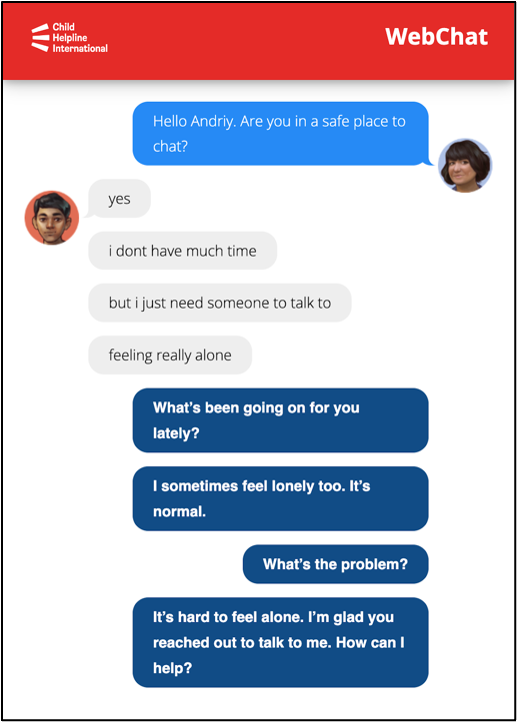Soft Skills Learning
Serious Games can be useful for learning soft skills, which are often thought of as people skills. We have experience designing and developing experiences that are being used in real deployments across the world.
Our serious games for soft skills place the learner in simulated social situations that are not straightforward to navigate. The situations are carefully crafted to match a well-defined serious of Learning Objectives (LOs) and written by our team to be believable as well as engaging. Believability is crucial for the learner to engage genuinely in the learning experience, and engagement is important to retain their interest and maximise their learning.
When designing serious games for soft skills learning, a particularly important aspect is for the player/learner to reflect on their experience. Our games for soft skills always include a reflective stage, either included in the game experience or in the form of a separate tool.
Games for Soft Skills
Child Helpline
Child Helpline is a serious game designed to help train child helpline counsellors in the detection and response to contacts by children risking conflict-related human trafficking and child sexual abuse and exploitation. It presents trainee counsellors with three stories following young people from Ukraine: Andriy, Olga and Ilya, who contact a child helpline to seek counselling for what are likely situations of trafficking or child sexual exploitation.
In each story, the trainee takes on the role of counsellor and interacts with the child character through a branching narrative. The serious game is developed by Haunted Planet Studios and Child Helpline International, in partnership with Terre des Hommes Netherlands as part of their Emergency Ukraine Response, and is currently being tested as part of a larger training curriculum.
An academic paper documenting the game was published at the Joint Conference on Serious Games 2023 and is available from ResearchGate: The Use of Serious Games in Knowledge- and Skills-based Digital Counselling: Applications to Trafficking in Persons in the War in Ukraine.
Gaming for Peace
Gaming for Peace: Kusam is a visual novel game designed to educate trainee peacekeepers to improve their cultural and gender awareness, as well as their communication skills. The work was an EU-funded (Horizon 2020, grant agreement no. 700670) collaboration with Trinity College and other project partners, including a number of organisations that educate peacekeepers, such as defence and police forces from across the EU. The story places the player in the roles of Maria, a female soldier from Finland on her first peacekeeping mission, and Adam, a male police officer from Portugal.
The project was highly collaborative with interviews with 100+ peacekeepers conducted by the project partners as well as a definition of formal Learning Objectives (LOs) that are integrated into the game’s story. The game can be used as an individual learning experience or in a workshop format.
The resulting game is being used by the European Security and Defense College (ESDC) to train peacekeepers across the world. Find out more (and download the game) from the GAP project website.



